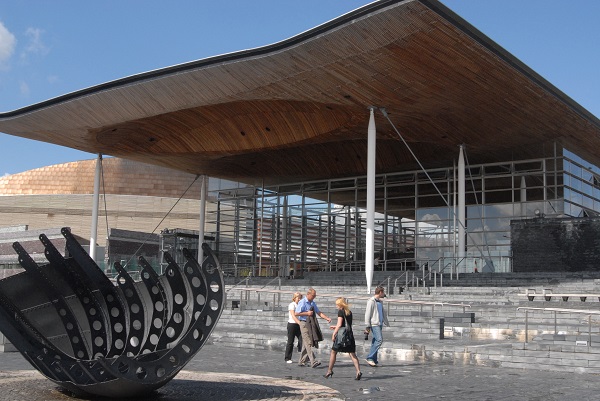 Poverty
Poverty 
Ahead of Plaid Cymru’s debate on poverty in the National Assembly tomorrow, the Bevan Foundation shares some its thoughts on the key issues surrounding poverty and Wales.
One story that has cut through debate about Brexit was the visit to the UK of the UN special rapporteur on extreme poverty and human rights. The rapporteur’s statement on the extent of poverty in the UK shocked many and has prompted an overdue debate within British politics and across society at large about one of the greatest challenges that faces 21st century Britain. Wales is not immune from this problem. 720,000 people in Wales live in relative income poverty, with over half of these living in working households. In this context the Bevan Foundation welcomes the Plaid Cymru plenary debate on poverty that is scheduled to take place in the National Assembly tomorrow (November 27).
The findings of the UN special rapporteur on extreme poverty and human rights, sadly did not come as a surprise to us at the Bevan Foundation. Poverty is an issue that has been overlooked for too long in both Wales and the UK. We therefore welcome the rapporteur’s statement, not only for its content but for also providing an impetus for further discussion on this important issue. The Bevan Foundation was pleased to have an input into the rapporteur’s statement. We provided both oral and written evidence to the rapporteur during his visit and were very grateful to have the opportunity to do so.
Poverty, a political choice
In particular we welcome the rapporteur’s view that poverty in the UK is a political choice. As he highlighted, the UK Government could have chosen to spare the poor during its austerity programme and could have spent the extra resources that it had available to it at the time of the last budget on helping the poor as opposed to providing tax cuts for the wealthiest. Whilst the UK Government may control many of the levers that have an impact on poverty in Wales, the Welsh Government also has the power to make choices that can have a direct impact on poverty. An example of such a choice is the Welsh Government’s proposals to introduce an earned income threshold of £7,400 for Universal Credit claimants who want to claim free school meals for their children. This choice will mean that 55,000 children living in poverty will not get access to free school meals in Wales.
What can be done in Wales?
Ahead of tomorrow’s debate, the Bevan Foundation has already called for the devolution of some aspects of the administration of Universal Credit. Whilst the devolution of these powers may not resolve issues around the funding of Universal Credit, it would allow the Welsh Government to introduce much needed flexibility into the system, for example giving people the option of being paid twice a month as opposed to monthly. These changes could have a significant impact on the lives of those who are on the lowest incomes.
We have also called for Welsh Government to develop a plan to tackle poverty. Our view is that whilst the publication of a tackling poverty plan will not change the lives of those living in poverty as of itself, nothing at all will change if there is no plan to seek to improve the situation. We look forward to following the debate tomorrow and hope that this can be the start of a more consistent debate on finding solutions to poverty within Welsh politics.


